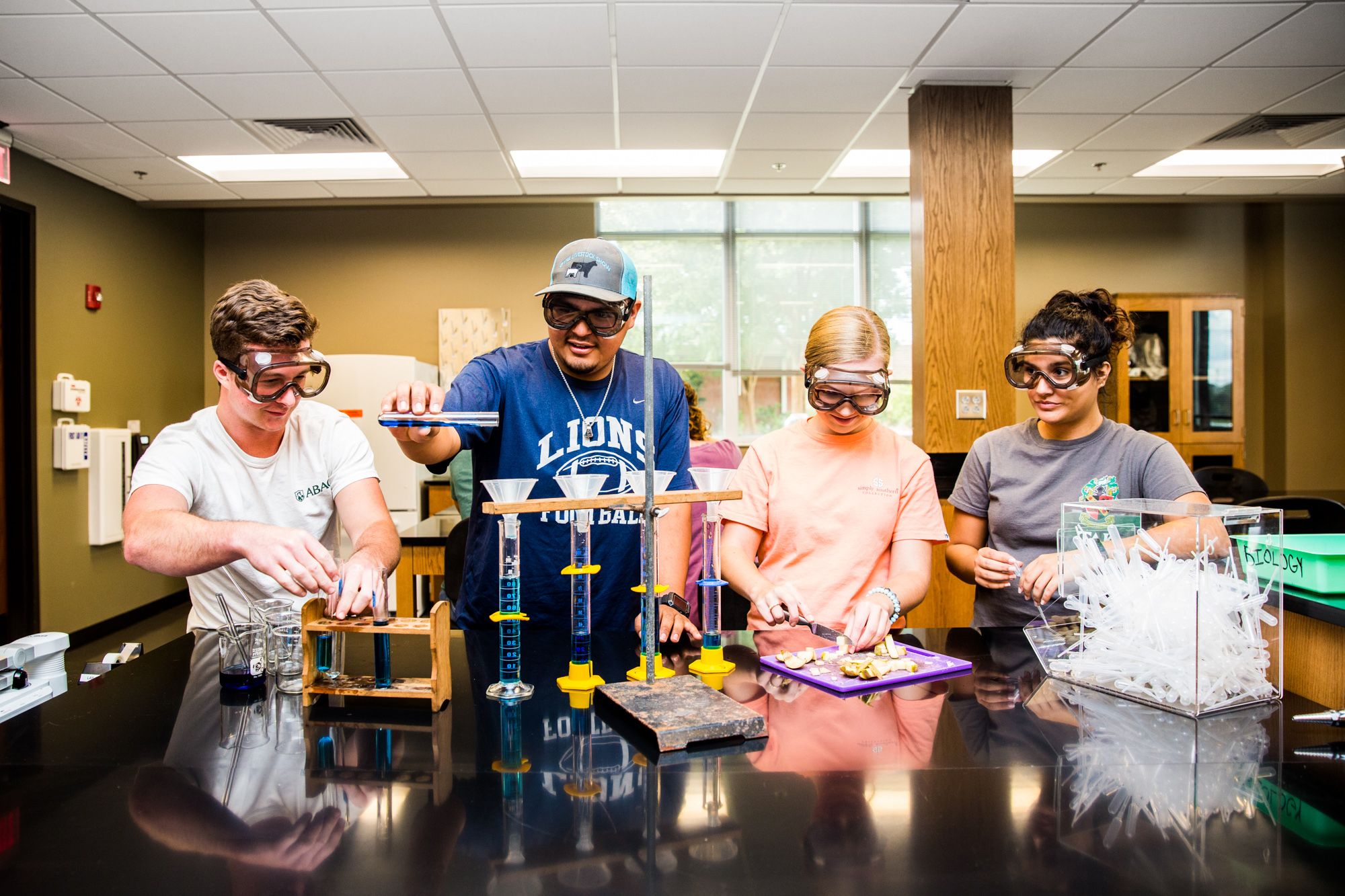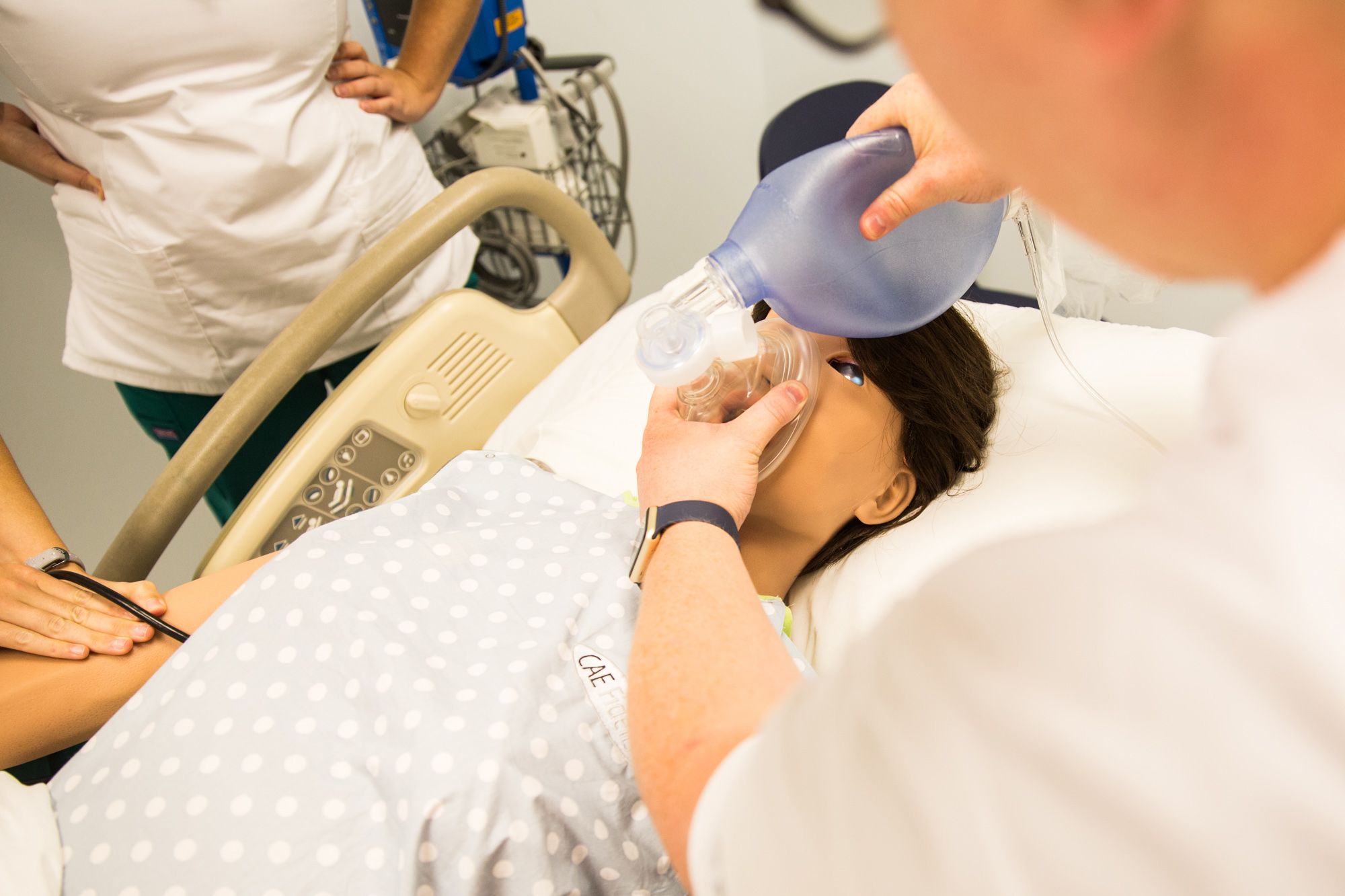Home
Rooted in Tradition,
Focused on the Future.
We build connections and inspire growth to enrich lives and create lasting impact.
Apply For Admission-
26
Academic Programs
-
3500+
Students
-
18:1
Student to Faculty Ratio
-
50%
of graduates finish debt-free
Thriving Together
There’s more to the college experience than time in the classroom.With robust campus life programs, a host of clubs and organizations, and resources to help every student find their way to graduation, ABAC Stallions are a community that thrives together.

News
View All NewsABAC Celebrates Fall 2025 Commencement
Read ArticleABAC Secures $1.36 Million Grant to Boost Student Success Through TRIO Program
Read ArticleABAC's Nursing at Night Expands Opportunities for Adult Learners
Read Article
Bainbridge Site
ABAC’s Bainbridge campus, located in picturesque Decatur County, offers students in Southwest Georgia a chance to start their journey in higher education while staying close to home.
Explore Bainbridge Bainbridge Campus Map









Follow Us on Social Media!
abac_college